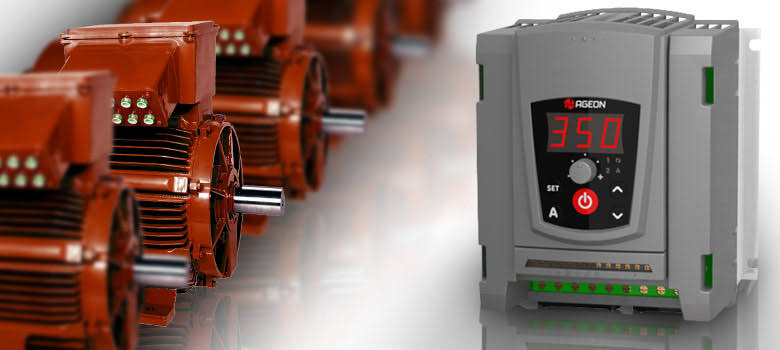The use of frequency inverters is urgent for the implementation of Industry 4.0 and to reverse this situation, which represents a waste of electricity.
Research points high in the use of efficient electric motors for greater energy savings
Electric motors are found in homes – in the blender, mixer, hair dryer, refrigerator – as well as in companies and industries, in elevators, escalators and in applications in milling machines, lathes and conveyors, for example. Its usage is so great that Market Research Future’s recent research report, “Electric Motors Market for Household Appliances”, proves that there will be a 5.87% growth between the years 2022 and 2030, this only for home use, without count the industrial parks.
According to the survey, the rise is due to the demand for energy-efficient engines: “It is expected that emerging regions around the world present unexplored opportunities. The players in the sector are trying to increase their production capacities with better cost efficiency supported by new possibilities”, says the survey, also pointing out that, although on the one hand the perspectives are positive, on the other hand, the market is witnessing large gaps. And, one of these obstacles is the low adoption of frequency inverters, hindering the already belated progress of Industry 4.0 through the automation of industrial processes.
In Brazil, electricity is the most important input, its rational use is essential when it comes to cost reduction and competitiveness. In factories, the villains of energy bills and their high numbers are electric motors, which represent the percentage of 70% of all electricity consumed, as shown by Eletrobras/Procel.
Exactly 20 years ago, Law No. 10,295 was enacted, which aims to combat energy waste. In its article 2, the legislation emphasizes that the verification of establishments in relation to the maximum levels of energy consumption, or minimum energy efficiency, of equipment and machines, will be carried out based on viable values.
“It so happens that to meet this condition, an immense amount of information is needed, such as production volume, distribution and sale, transport strategies, imports and exports, among other factors, which are naturally difficult to be acquired”, analyzes Joelintom Geffer, Siemens technical promoter of Reymaster Materials Elétricos and specialist in industrial automation.
This means that, in terms of energy efficiency, Brazil is in the penultimate position in the international ranking, among the 16 largest economies in the world. “To reverse this situation, the adoption of frequency inverters is urgent”, comments Geffer.
Frequency inverters are applied in single-phase and three-phase electric motors, enabling them to be activated with a precise control of the starting current (Reducing costs with oversizing cables, contactors, circuit breakers, panels and transformers). It is possible to control the speed and torque of the motor, resulting in lower consumption of electrical energy and greater durability of mechanical components of a machine or process.
Its operation is relatively simple, the sinusoidal electrical voltage signal is converted into a square wave signal, through a modulation called PWM – Pulse Width Modulation, this input signal is handled by some blocks that make up these equipments.
And anyone who thinks that its only use is saving energy is wrong. On the contrary: frequency inverters are responsible for the best performance of machines and equipment; have less need for maintenance; protect the engine more effectively; save installation space and mainly enable digital transformation for Industry 4.0!
Reymaster, headquartered in Curitiba (PR) and Joinville (SC) – and which serves all of Brazil -, has a complete portfolio of such equipment through a partnership with the brands Siemens and Schneider. In addition to having a specialized technical team to meet every need of the national industry!





